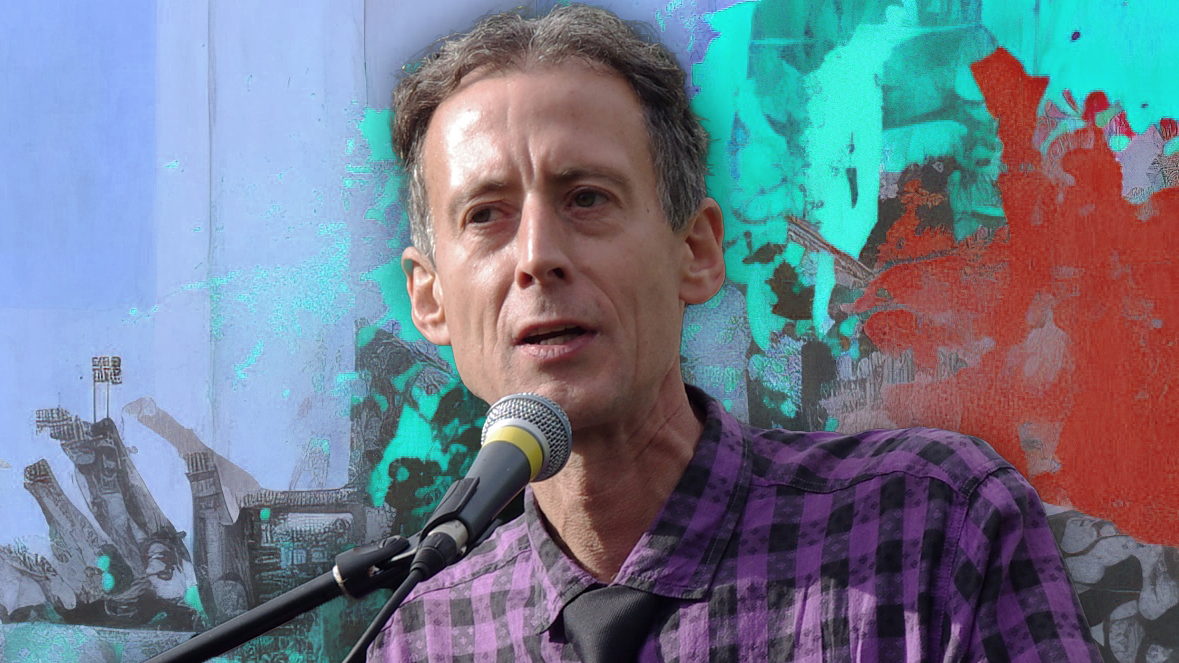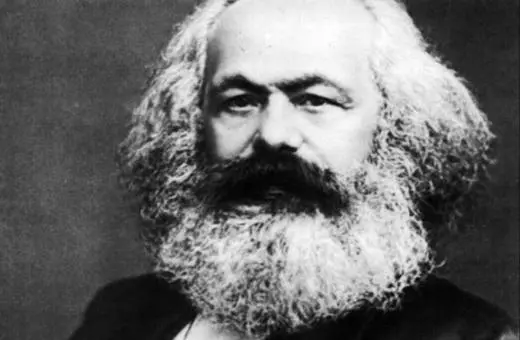Whether we want justice or freedom is the central political question behind all our political disputes – we have Rawls and Nozick to thank for this. In modern politics, the left is associated with seeking justice: we find this in ideas of equality and social justice. The right, on the other hand, is associated with the protection of a libertarian notion of freedom. We must move beyond this divide, argues Helga Varden. Some freedoms are worth fighting for more than others, and some freedoms cannot be pursued by everyone until we undo the existing injustice present in the system.
In the 1960s, Harvard University made two hires that would greatly impact the direction of political theory for the next several decades, namely John Rawls (1962) and Robert Nozick (1969). Prior to their philosophical works in the following decade, political theory in the English-speaking world was dominated by consequentialism or utilitarianism – theories that view justice in terms of the consequences of one’s conduct on happiness, the good, or utility in the world. After their interventions, this was most certainly no longer true; discussions of individuals’ rights, freedom and equality were now centerstage.
The most systematic political thinker of the two was Rawls, and in 1971, he published A Theory of Justice, which aimed to challenge the current state of affairs in political theory and, indeed, revolutionized political theory. Simplified, Rawls proposed that when we think about the most basic questions of justice, like the basic principles of our constitution, to do it well, a certain thought experiment is useful:
Like the blindfolded Lady Justice, imagine that you and your fellow citizens, cloaked in a veil of ignorance and seeking to protect and ensure a set of primary goods that you all need to live well, are discussing the question of which principles should govern your basic public legal and political institutions. The veil of ignorance makes it impossible for each of you to know facts about yourself that track bias and oppression (such as your class, your sex, your race, your talents and abilities, religion etc.) and also exactly what your conception of the good or happy life is. The set of primary goods, instead, is assumed to include both natural goods like intelligence, imagination, and health and social goods like rights, liberties, income and wealth, and social bases of self-respect that you all want and need to do well regardless of what kind of life you find meaningful. If we deliberate well, under these conditions, Rawls proposed, we will be able to identify principles that should negotiate our interactions in a way that is fair to each citizen viewed as free and equal; hence Rawls calls his position “justice as fairness.”
SUGGESTED VIEWING Protest, democracy and power With Peter Tatchell






















Join the conversation